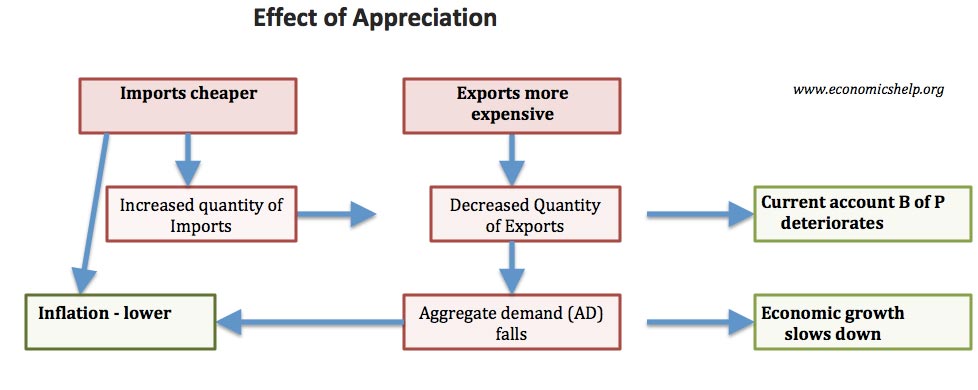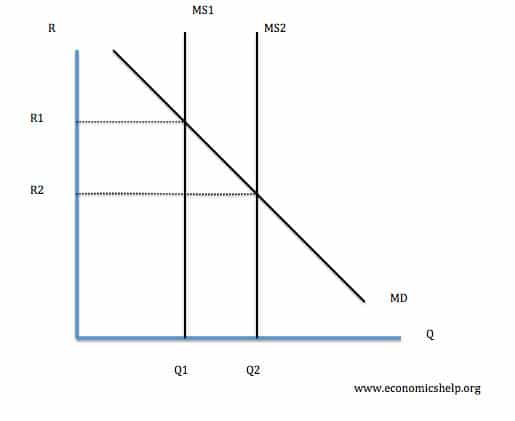Irrational behaviour
Classical economic theory assumes that individuals are rational. However, in the real world, we often see irrational behaviour – decisions which don’t maximise utility but can cause a loss of economic welfare. Irrational behaviour is not just isolated to a few ‘irrational individuals’ but can become the dominant choice for most people in society (e.g. …


